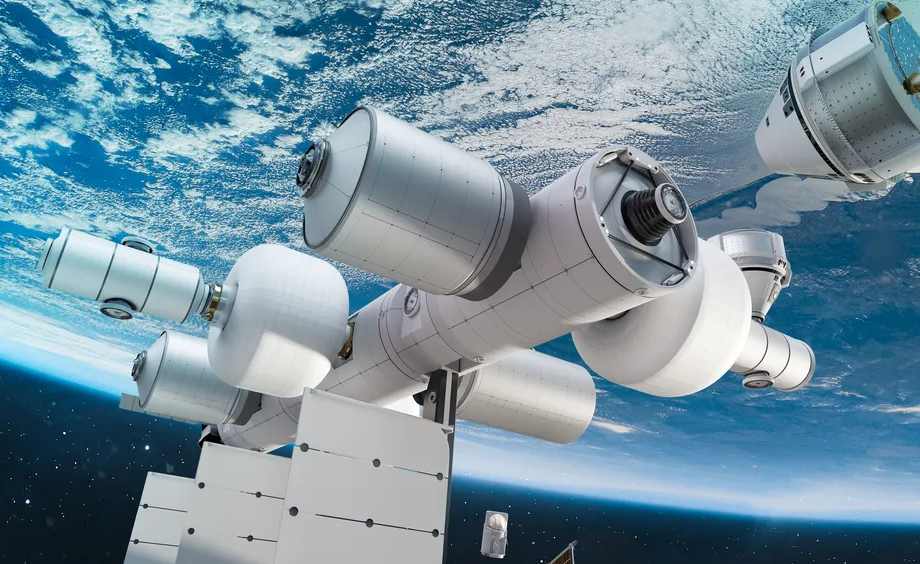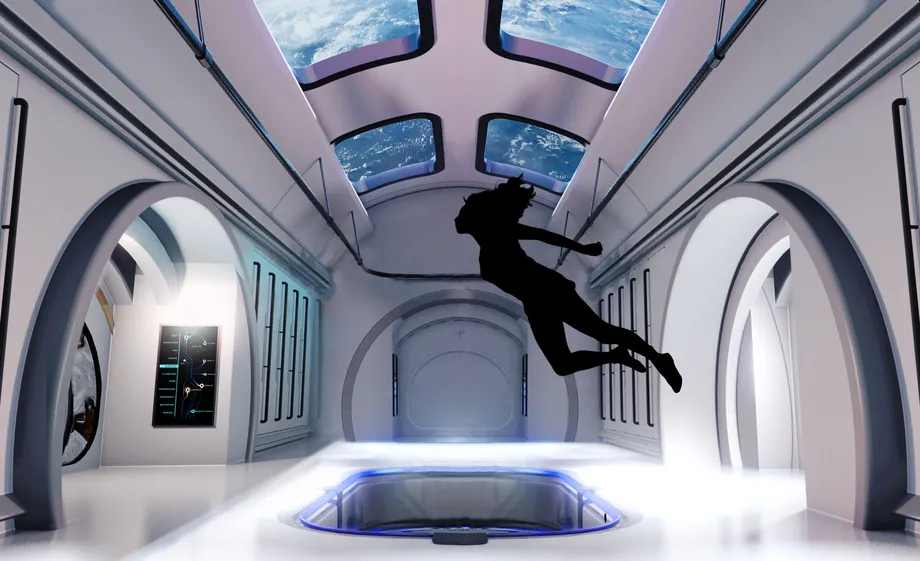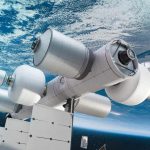Jeff Bezos’ Blue Origin unveils plans for Orbital Reef, a commercial space station to be built in low Earth orbit

In September, a Russian official warned that ISS could suffer “irreparable” failures due to outdated equipment and hardware. Then on October 15, a Russian spacecraft pushed the International Space Station (ISS) out of position, causing astronauts to go into emergency mode.
Although the exact cause of the incident was unknown, NASA said that ISS lost control of its orientation and instructed its astronauts to follow emergency procedures. It was the second time Russian hardware has caused such an incident since July. The 22-year old space station has fallen into a state of disrepair and Jeff Bezos’ space company Blue Origin is now aiming to build a new space station that will open the next chapter of human space exploration and development.
Today, Blue Origin announced plans to build a free-flying space station called Orbital Reef, a commercially developed, owned, and operated space station to be built in low Earth orbit. The space station will begin operating sometime during the second half of the decade, the company said in a statement today.
A partnership of spaceflight company Sierra Space and Blue Origin, the Orbital Reef project will provide anyone with the opportunity to establish their own address on orbit. The new space station will also be a destination for researchers, industrial and commercial customers, and international partners to visit and work.
Blue Origin also said that Orbital Reef also has the backing of additional spaceflight teammates, including industry heavyweight Boeing, as well as Redwire Space, Genesis Engineering Solutions, and Arizona State University.

Orbital Reef will be operated as a “mixed-use business park” in space. Shared infrastructure efficiently supports the proprietary needs of diverse tenants and visitors. It features a human-centered space architecture with world-class services and amenities that is inspiring, practical, and safe. As the premier commercial destination in low Earth orbit, Orbital Reef will provide the essential infrastructure needed to scale economic activity and open new markets in space. Reusable space transportation and smart design, accompanied by advanced automation and logistics, will minimize cost and complexity for both traditional space operators and new arrivals, allowing the widest range of users to pursue their goals. The open system architecture allows any customer or nation to link up and scale to support demand. Module berths, vehicle ports, utilities, and amenities all increase as the market grows.
Brent Sherwood, Senior Vice President of Advanced Development Programs for Blue Origin said, “For over sixty years, NASA and other space agencies have developed orbital space flight and space habitation, setting us up for commercial business to take off in this decade.” He also added, “We will expand access, lower the cost, and provide all the services and amenities needed to normalize space flight. A vibrant business ecosystem will grow in low Earth orbit, generating new discoveries, new products, new entertainments, and global awareness.”
“Sierra Space is thrilled to partner with Blue Origin and provide the Dream Chaser spaceplane, the LIFE module and additional space technologies to open up space for commercial research, manufacturing, and tourism. As a former NASA astronaut, I’ve been waiting for the moment where working and living in space is accessible to more people worldwide, and that moment has arrived,” said Dr. Janet Kavandi, former three-time NASA astronaut and Sierra Space president.
“This is exciting for us because this project does not duplicate the immensely successful and enduring ISS, but rather goes a step further to fulfill a unique position in low Earth orbit where it can serve a diverse array of companies and host non-specialist crews,” said John Mulholland, Boeing VP and program manager for the International Space Station. “It calls for the same kind of expertise we used to first design and then build the International Space Station and the same skills we employ every day to operate, maintain and sustain the ISS.”

